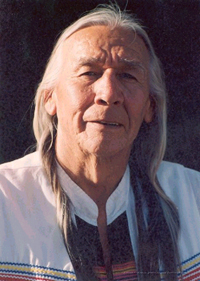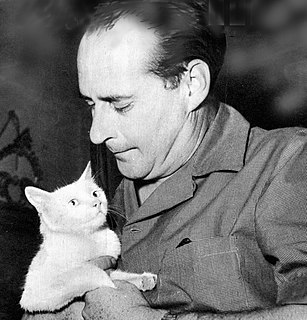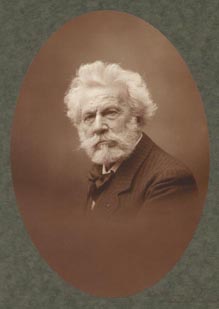A Quote by Frederick Niecks
But the involuntary tricks of memory and the voluntary ones of imagination make always such terrible havoc of facts that truth, be it ever so much sought and cared for, appears in history and biography only in a more or less disfigured condition.
Related Quotes
Memory is a dead thing. Memory is not truth and cannot ever be, because truth is always alive, truth is life; memory is persistence of that which is no more. It is living in ghost world, but it contains us, it is our prison. In fact it is us. Memory creates the knot, the complex called the I and the ego
I must say a few words about memory. It is full of holes. If you were to lay it out upon a table, it would resemble a scrap of lace. I am a lover of history . . . [but] history has one flaw. It is a subjective art, no less so than poetry or music. . . . The historian writes a truth. The memoirist writes a truth. The novelist writes a truth. And so on. My mother, we both know, wrote a truth in The 19th Wife– a truth that corresponded to her memory and desires. It is not the truth, certainly not. But a truth, yes . . . Her book is a fact. It remains so, even if it is snowflaked with holes.
Breathing is important in the practice of meditation because it is the faculty in us that is simultaneously voluntary and involuntary. You can feel that you are breathing, and equally you can feel that it is breathing you. So it is a sort of bridge between the voluntary world and the involuntary world — a place where they are one.
There is an ancient Indian saying that something lives only as long as the last person who remembers it. My people have come to trust memory over history. Memory, like fire, is radiant and immutable while history serves only those who seek to control it, those who douse the flame of memory in order to put out the dangerous fire of truth. Beware these men for they are dangerous themselves and unwise. Their false history is written in the blood of those who might remember and of those who seek the truth.
I don’t know much about history, and I wouldn’t give a nickel for all the history in the world. It means nothing to me. History is more or less bunk. It's tradition. We don't want tradition. We want to live in the present and the only history that is worth a tinker's damn is the history we make today.
Farmers since the beginning of time have been feeding the world very successfully without systematically abusing animals or destroying the environment. But we're breeding food that is less safe for us, it tastes much worse than it ever has in history, and it's wreaking havoc on the environment in a way that it never did in history before. All in the interest of it being cheap.
When you read a history or biography you are entitled to imagine that it is as accurate as the authors can make it. That research has gone into it and we say "This is a history of the civil war, this is a biography of Lincoln" whatever. But you don't make any such supposition when you say "This is a historical novel."
I had a checklist in my mind of the things that make a biography practical. Is the source material centralized? Is it easy to find? Are there new primary sources that no one has ever had access to? Are all the sources in English? If they're not, are they in a language that you speak? And I realized that not only is Armstrong the most important figure of Jazz in the 20th Century, but he's a perfect subject for a biography for all of these reasons. I had always loved his music and I had been fascinated in him as a personality. And that's really the key to writing a biography.
Ever since ROME, OPEN CITY, I have maintained a conscious, determined endeavor to try to understand the world in which I live, in a spirit of humility and respect for the facts and for history. What as the meaning of ROME, OPEN CITY? We were emerging from the tragedy of the war. We had all taken part in it, for we were all its victims. I sought only to picture the essence of things. I had absolutely no interest in telling a romanticized tale along the usual lives of film drama. The actual facts were each more dramatic than any screen cliche.
Biography always has fulfiled this role. Robinson Crusoe is a biography, as is Tom Jones. You can go through the whole range of the novel, and you will find it is biography. The only difference between one example and the other is that sometimes it's a partial biography and sometimes it's a total biography. Clarissa, for example, is a partial biography of Clarissa and a partial biography of Lovelace. In other words, it doesn't follow Lovelace from when he is in the cradle, though it takes him to the grave.



































